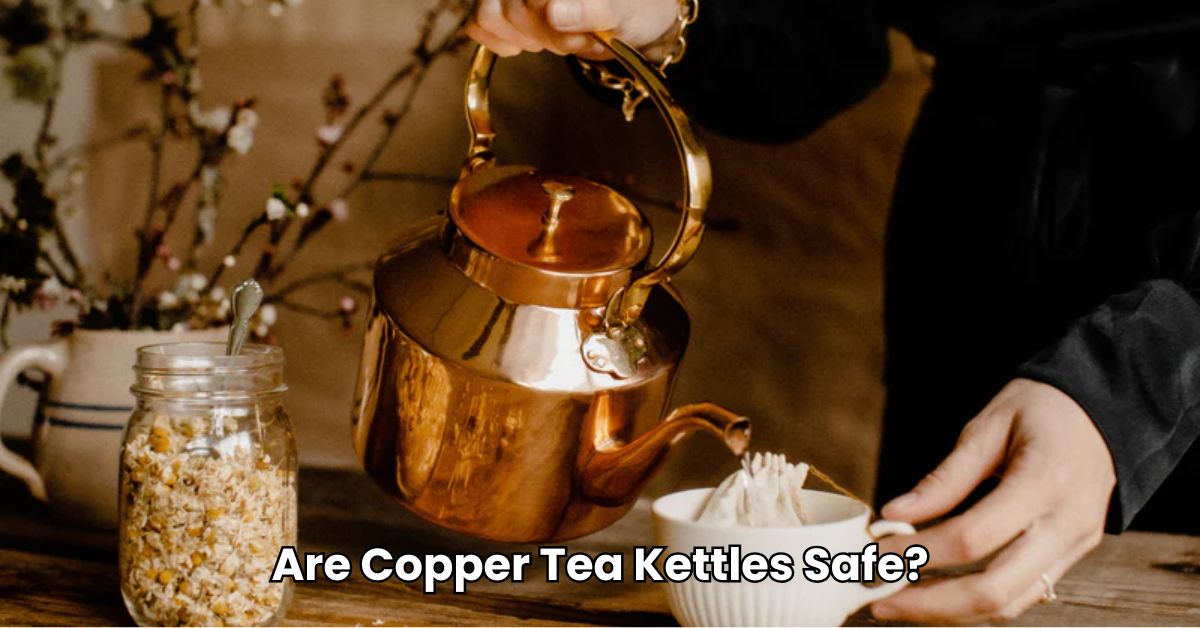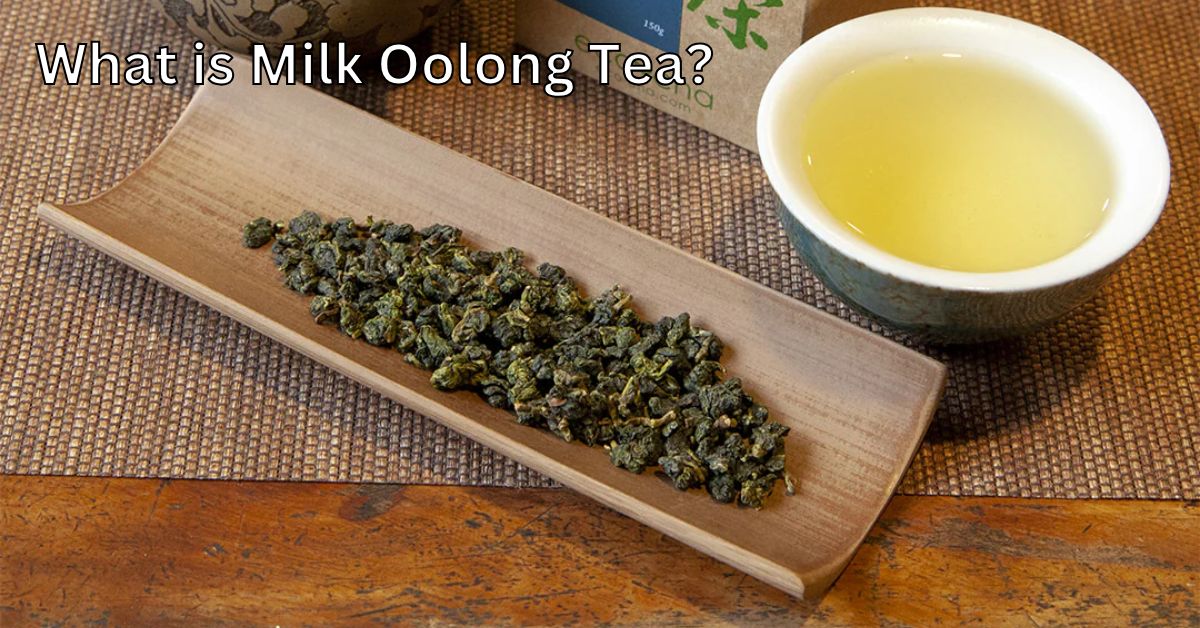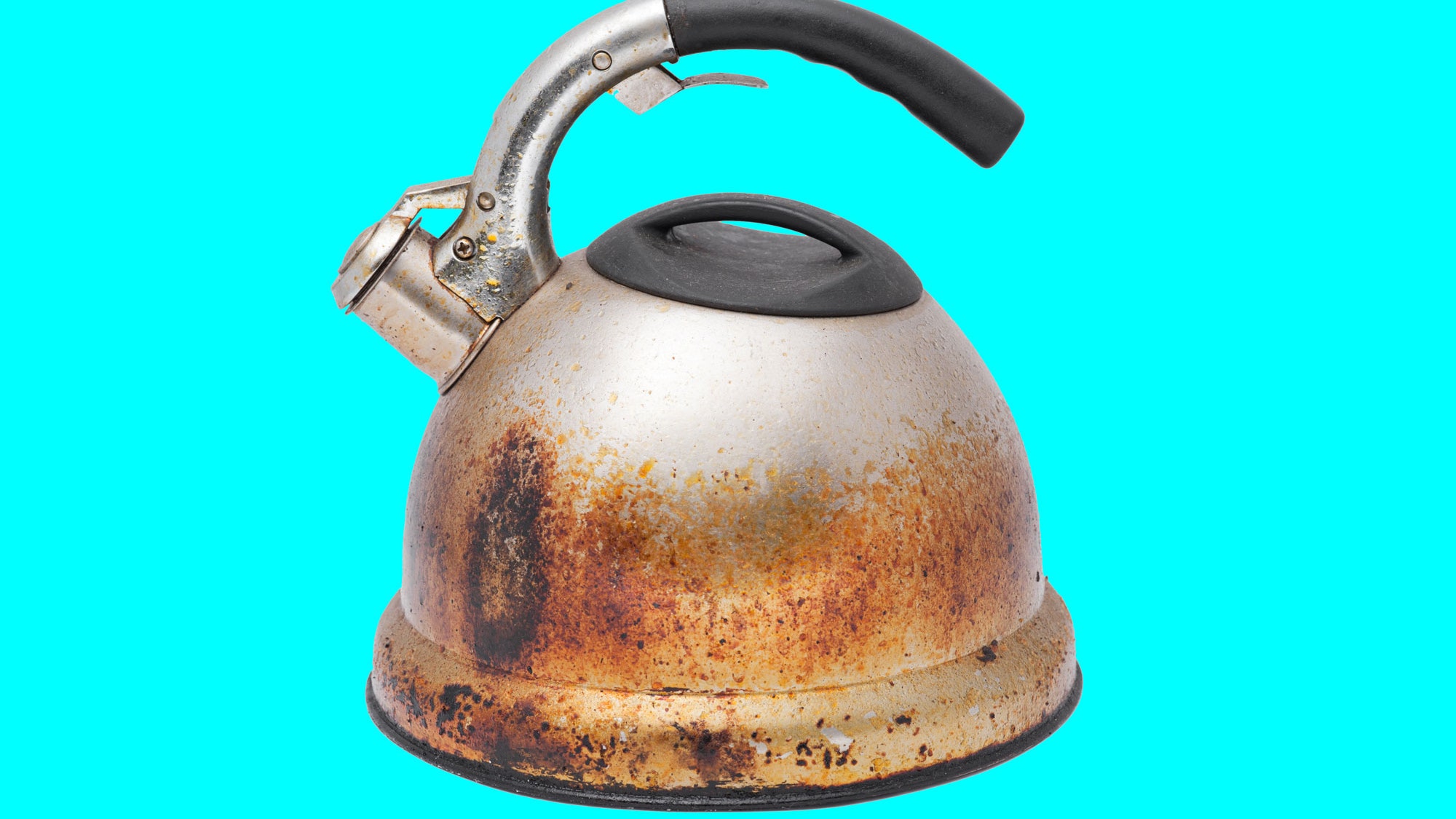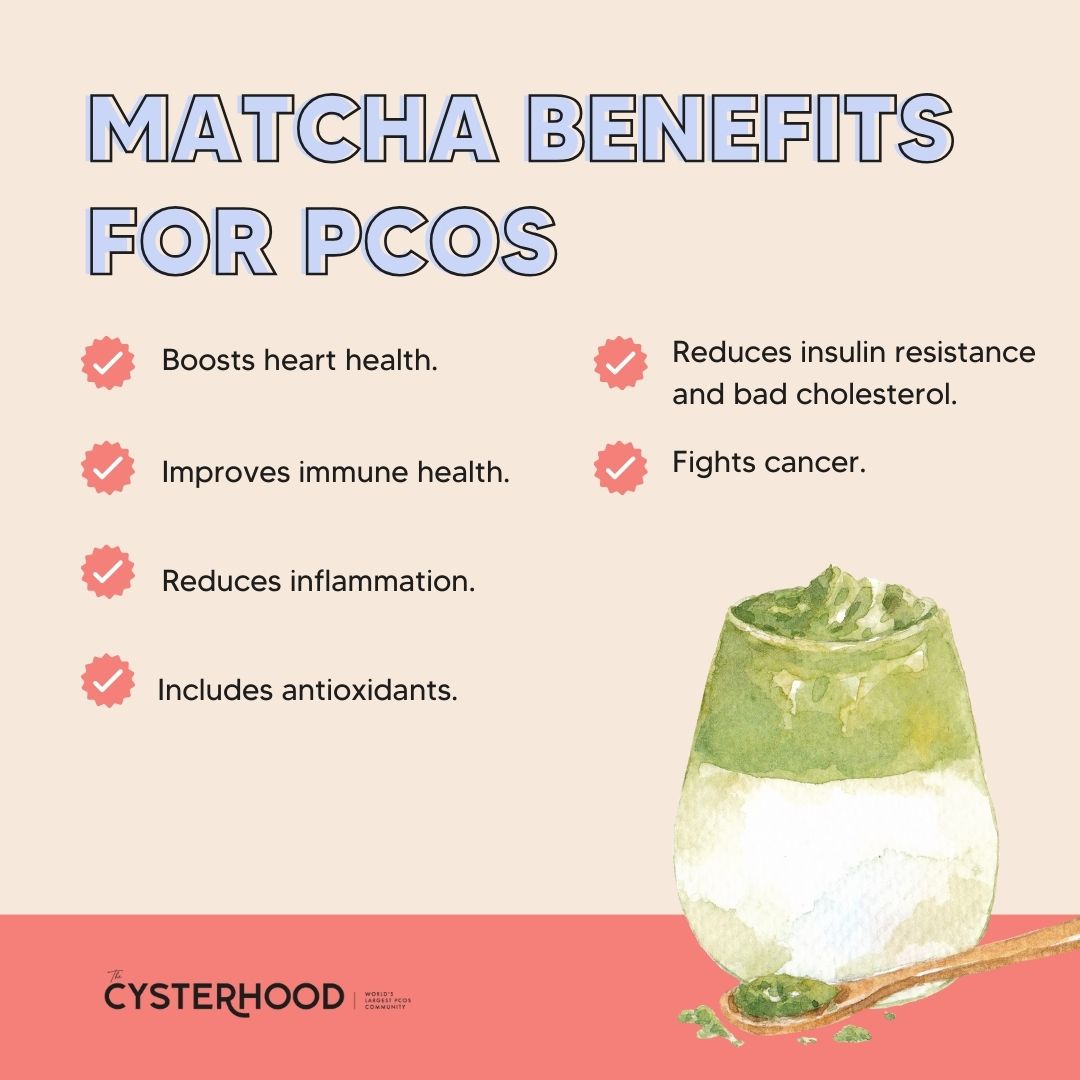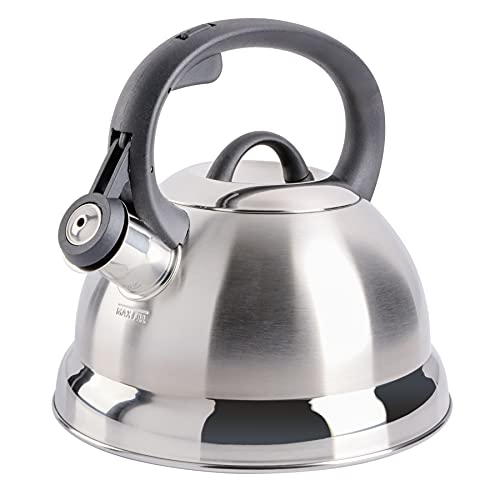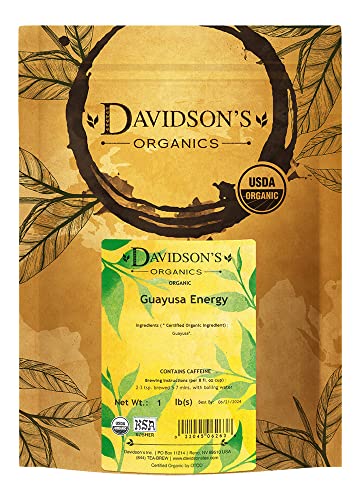Yes, copper tea kettles can be safe. But only if used correctly.
Copper tea kettles have a unique charm and can add style to any kitchen. They are known for heating water quickly. But safety is a common concern. Many people wonder if copper kettles are safe for daily use. This is a valid question, especially with potential health risks from metals.
Understanding how to use and care for copper kettles can make all the difference. In this blog post, we will explore the safety of copper tea kettles. We will look at the potential risks and benefits. By the end, you will know if a copper tea kettle is right for your home.
Introduction To Copper Tea Kettles
Copper tea kettles have been a staple in many kitchens around the world. Their unique charm and functionality make them a favorite among tea enthusiasts. But are copper tea kettles safe to use? Let’s dive into their history and modern usage to understand more about these beautiful kitchen tools.
History And Popularity
Copper tea kettles have a rich history. They date back to ancient civilizations. People valued copper for its excellent heat conductivity. This made it perfect for boiling water. Over time, the popularity of copper tea kettles grew. They became a symbol of elegance and sophistication. Many cultures embraced copper kettles for their daily tea rituals.
In the 19th century, copper tea kettles were a common sight in European households. They were not only functional but also decorative. Their shiny surface and classic design added a touch of luxury to any kitchen. Today, copper tea kettles continue to be popular. They are loved for their timeless beauty and efficient performance.
Modern Usage
In today’s kitchens, copper tea kettles are both practical and stylish. Modern designs often include a stainless steel or tin lining. This ensures that the water does not come into direct contact with copper. This addition makes copper tea kettles safe for daily use. They heat water quickly and evenly, saving time and energy.
Many people choose copper tea kettles for their aesthetic appeal. They add a vintage charm to modern kitchens. Copper kettles also make great gifts for tea lovers. Their unique design and functionality make them a thoughtful and practical present.
When using a copper tea kettle, it’s important to follow some simple care tips:
- Regularly clean the kettle to prevent tarnishing.
- Avoid using abrasive cleaners that can scratch the surface.
- Store the kettle in a dry place to avoid moisture damage.
By following these tips, you can ensure that your copper tea kettle remains beautiful and functional for years to come.
Health Implications
Copper tea kettles have a unique charm and are often seen as elegant kitchen items. But are they safe to use? Let’s explore the health implications of using copper tea kettles. Understanding both the potential risks and health benefits can help you make an informed choice.
Potential Risks
Cooking with copper can pose some risks. Unlined copper kettles may leach copper into your water. High levels of copper can cause nausea, vomiting, and stomach cramps. Over time, excessive copper intake can lead to more serious health issues. It’s essential to ensure that your copper kettle has a protective lining inside. This prevents copper from getting into your water.
Health Benefits
Despite the risks, copper kettles also offer some health benefits. Copper has natural antibacterial properties. This can help reduce harmful bacteria in your water. Using a lined copper kettle can safely offer these benefits. Copper also helps with the absorption of essential minerals in the body. Drinking water heated in a copper kettle can support your health when used correctly.
Material Composition
Understanding the material composition of copper tea kettles is crucial. This ensures their safety for everyday use. Copper tea kettles can be made from pure copper or copper alloys. Each type has its own characteristics. These affect both safety and performance.
Pure Copper
Pure copper kettles are highly conductive. This means they heat up quickly. They distribute heat evenly across the surface. However, pure copper can react with certain foods. This may lead to the release of harmful substances. Therefore, many pure copper kettles have a lining. This lining is often made from stainless steel or tin. It prevents direct contact between the copper and the water.
Copper Alloys
Copper alloys are another option for tea kettles. These are mixtures of copper and other metals. Common alloys include brass and bronze. These alloys are less reactive than pure copper. They offer a safer alternative for cooking. Copper alloys retain good heat conductivity. They also tend to be more durable. This makes them a popular choice for kitchenware. Always check the specific alloy composition. Ensure it is safe for food contact.
Safety Measures
Ensuring the safety of copper tea kettles requires understanding and following specific safety measures. These measures help prevent potential health risks. They also maintain the kettle’s quality and longevity.
Lining Materials
Copper kettles must have a safe lining material. Common linings include stainless steel and tin. These materials prevent copper from leaching into water. Stainless steel linings are durable and easy to clean. Tin linings are traditional but need more care. Always check the lining before purchasing a kettle.
Proper Maintenance
Regular maintenance keeps copper tea kettles safe. Clean the inside and outside of the kettle. Use mild soap and water for cleaning. Avoid harsh chemicals that can damage the lining. Dry the kettle thoroughly after each use. This prevents water spots and corrosion. Inspect the lining regularly for any damage. If the lining is damaged, stop using the kettle immediately.
Alternatives To Copper Kettles
Are you considering alternatives to copper tea kettles? Great choice! Copper kettles may look beautiful, but they can have safety issues. Luckily, there are other options available that are both safe and efficient. Let’s explore some of these alternatives.
Stainless Steel Kettles
Stainless steel kettles are a popular choice. They are durable and resistant to rust. These kettles heat up quickly and evenly. They are also easy to clean. Plus, they do not react with tea or water. This makes them a safe option for daily use. Many stainless steel kettles come with heat-resistant handles. This feature adds an extra layer of safety.
Glass Kettles
Glass kettles offer a stylish and modern look. They allow you to see the water boiling, which can be quite satisfying. These kettles are made from borosilicate glass. This type of glass is known for its durability and heat resistance. Glass kettles do not leach any harmful substances into the water. They are also easy to clean. Most glass kettles are dishwasher safe.
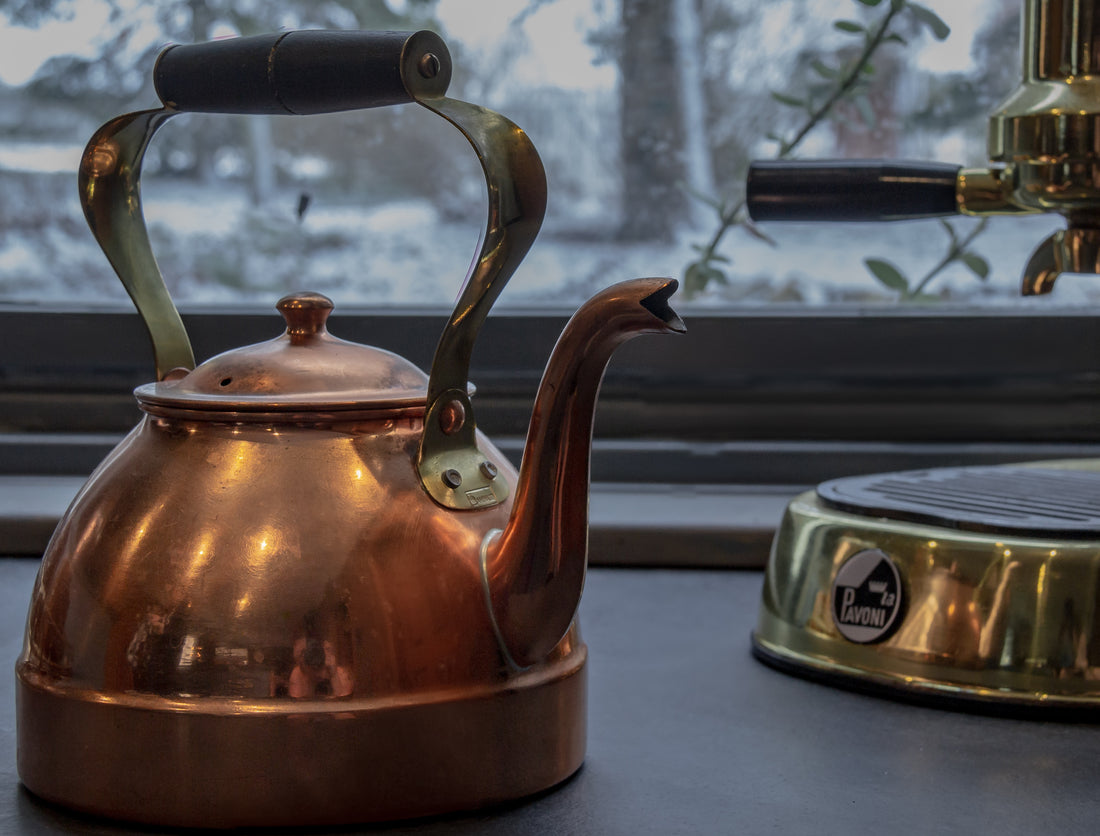
Credit: cookingpanda.com
Consumer Reviews
Consumer reviews play a crucial role in determining the safety of copper tea kettles. They provide insights based on personal experiences. Some users share positive feedback, while others highlight concerns.
Positive Experiences
Many users praise the durability of copper tea kettles. They last for years without issues. The aesthetic appeal also receives compliments. Copper kettles add a touch of elegance to kitchens. Boiling water quickly is another highlight. The heat conductivity of copper is efficient. Some users mention the health benefits. They believe copper adds positive ions to the water.
Negative Experiences
Some consumers report safety concerns. They worry about copper leaching into the water. This can happen with unlined kettles. Maintenance is another common issue. Copper requires regular cleaning to prevent tarnishing. A few users find this time-consuming. The cost is also a downside for some. Copper tea kettles can be expensive compared to others. A few users mention that handles can get hot. This poses a risk of burns.
Expert Opinions
Are copper tea kettles safe for daily use? To answer this, we turn to expert opinions. Both health experts and tea enthusiasts weigh in on this topic. Their insights can help us make informed decisions.
Health Experts
Health experts emphasize the importance of the kettle’s interior lining. Pure copper can react with acidic liquids. This reaction might lead to copper leaching into the water. Consuming too much copper can be harmful. Experts recommend using kettles with stainless steel or tin linings. These materials prevent direct contact between water and copper.
Doctors also stress regular maintenance. Keeping the kettle clean reduces any potential risks. They suggest avoiding abrasive cleaners. These can damage the protective lining. Proper care ensures the kettle remains safe for use.
Tea Enthusiasts
Tea enthusiasts appreciate the aesthetic and functional benefits of copper kettles. They believe copper offers better heat distribution. This can enhance the tea brewing experience. Many tea lovers prefer the traditional charm of copper kettles.
Yet, they echo health experts’ concerns. Most prefer kettles with a safe interior lining. They value both the beauty and safety of their tea brewing tools. Copper kettles with proper linings offer the best of both worlds.
Frequently Asked Questions
Are Copper Tea Kettles Safe To Use Daily?
Yes, copper tea kettles are safe for daily use. Ensure they are lined with a non-reactive metal like stainless steel to prevent copper from leaching into your tea.
Do Copper Kettles Need Special Care?
Yes, copper kettles require special care. Clean them regularly with a mixture of vinegar and salt to maintain their shine and prevent tarnishing.
Can You Boil Water In A Copper Kettle?
Yes, you can boil water in a copper kettle. Copper conducts heat efficiently, making it an excellent choice for boiling water quickly and evenly.
How Do You Clean A Copper Tea Kettle?
To clean a copper tea kettle, mix vinegar and salt. Apply the mixture to the kettle, scrub gently, and rinse with warm water.
Conclusion
Copper tea kettles are generally safe with proper use and care. Always choose kettles with a safe lining. Regular cleaning prevents harmful buildup. Avoid boiling acidic liquids in pure copper. Always follow the manufacturer’s instructions. By taking these precautions, you can enjoy your copper kettle safely.
Remember, a little maintenance goes a long way. Happy tea making!

